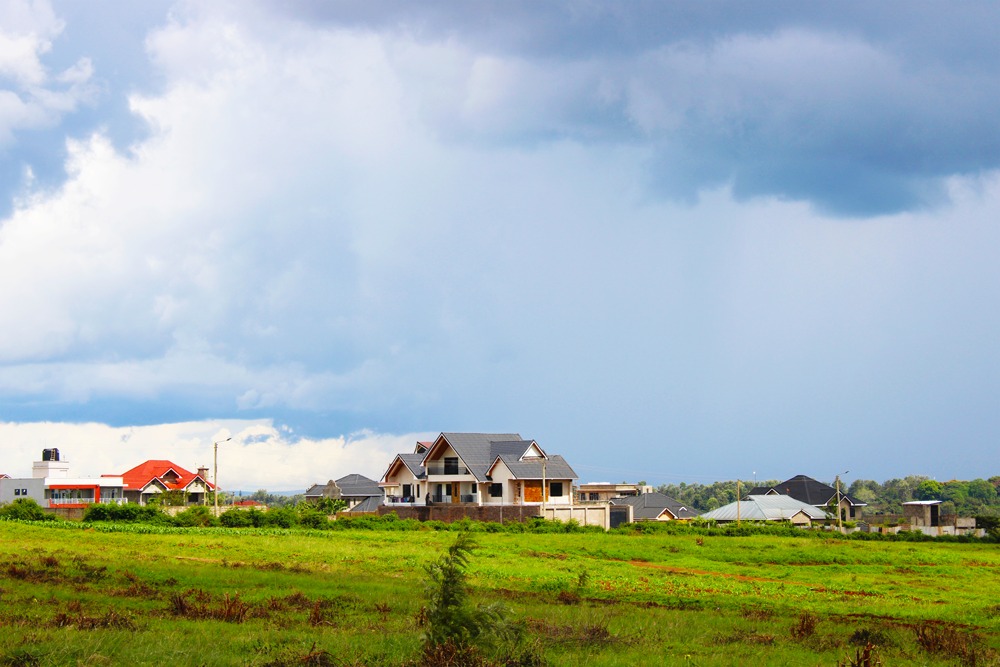
Like any other country, buying land in Kenya requires careful consideration and due diligence. Here are some tips to guide you through the process:
- Research Thoroughly:
- Understand the local real estate market in the specific area where you intend to buy land.
- Consider factors such as infrastructure development, proximity to amenities, and potential for future growth.
- Legal Framework:
- Familiarize yourself with Kenyan land laws and regulations. The Land Act, the Land Registration Act, and the Physical Planning Act are some of the key legal documents to be aware of.
- Verify the land ownership through the relevant government authorities and ensure that the land has a valid title deed.
- Engage Professionals:
- Hire a reputable real estate agent, lawyer, or surveyor who has experience in land transactions in Kenya.
- A surveyor can help verify the boundaries and ensure that the land is accurately measured.
- Title Deed Verification:
- Check the authenticity of the title deed. Ensure it is legitimate, and there are no disputes or legal issues associated with the land.
- Confirm that the seller is the rightful owner of the land and has the legal right to sell it.
- Site Visit:
- Visit the land in person to assess its condition and surroundings. This allows you to identify any potential issues such as land disputes, encroachments, or environmental concerns.
- Infrastructure and Utilities:
- Confirm the availability of essential infrastructure such as roads, water supply, electricity, and sewage systems.
- Check for any planned developments or projects in the area that could affect the land’s value.
- Community and Neighborhood:
- Get to know the local community and the neighborhood. Consider factors like safety, accessibility, and the general atmosphere of the area.
- Negotiate Price:
- Research the market prices in the area to ensure you are getting a fair deal.
- Be prepared to negotiate, but also be realistic about the value of the land.
- Payment Terms:
- Clearly understand the payment terms and conditions. Be cautious about making large upfront payments before completing due diligence.
- Documentation:
- Ensure that all agreements, receipts, and contracts are in writing. It’s advisable to have a legal professional review these documents before signing.
- Environmental Considerations:
- Check for any environmental restrictions or considerations that may affect your intended use of the land.
- Future Development Plans:
- Inquire about any upcoming infrastructure projects or zoning changes that could impact the value and use of the land.
Remember that purchasing land is a significant investment, and taking the time to conduct thorough research and due diligence is crucial to making an informed decision. If possible, consult with locals, professionals, and government authorities to gather as much information as possible before finalizing the purchase.

Views: 1,044


